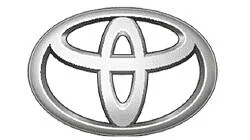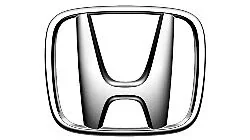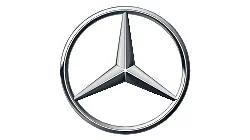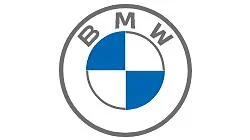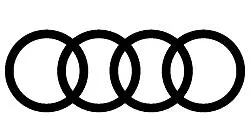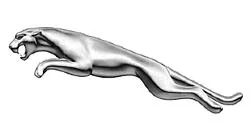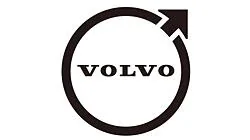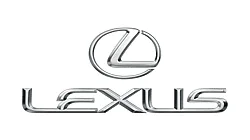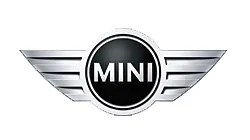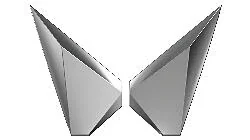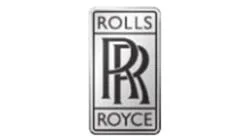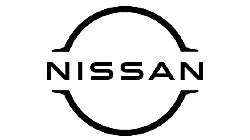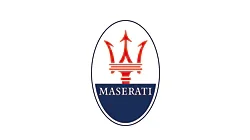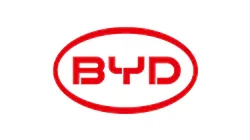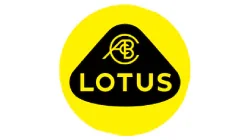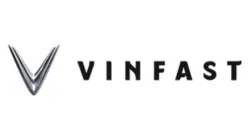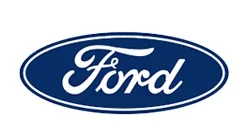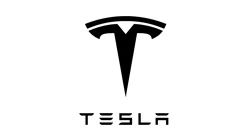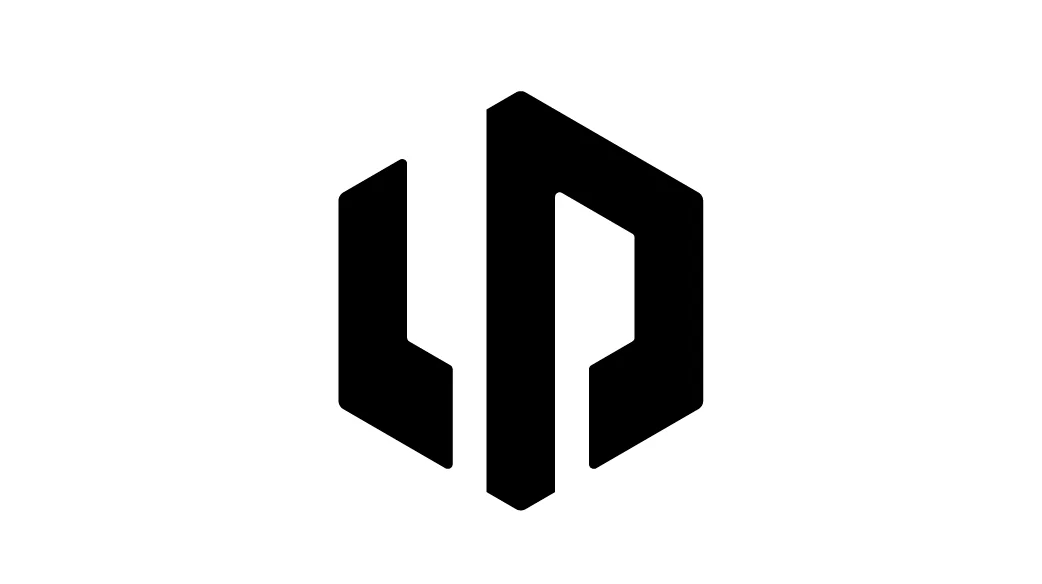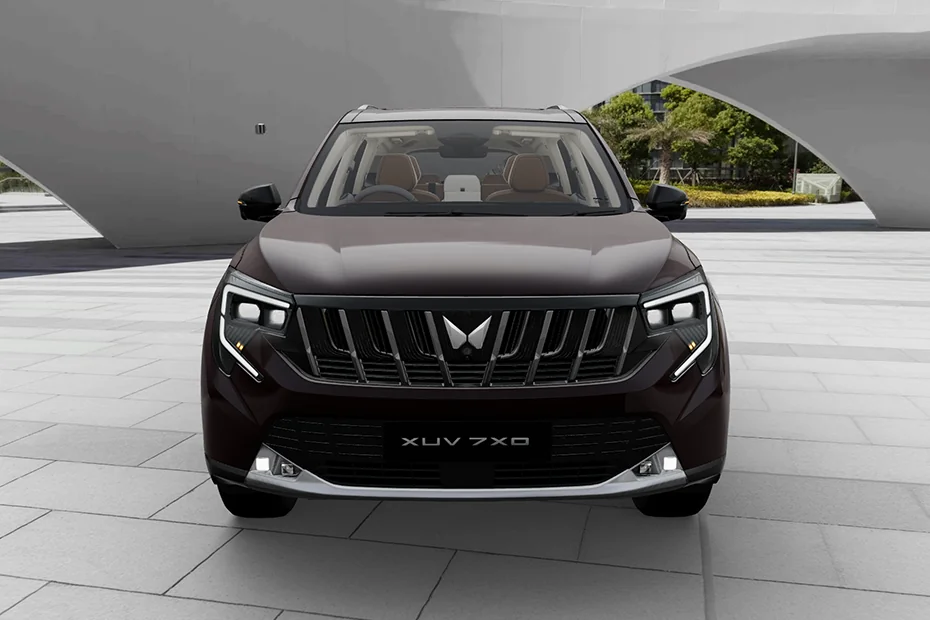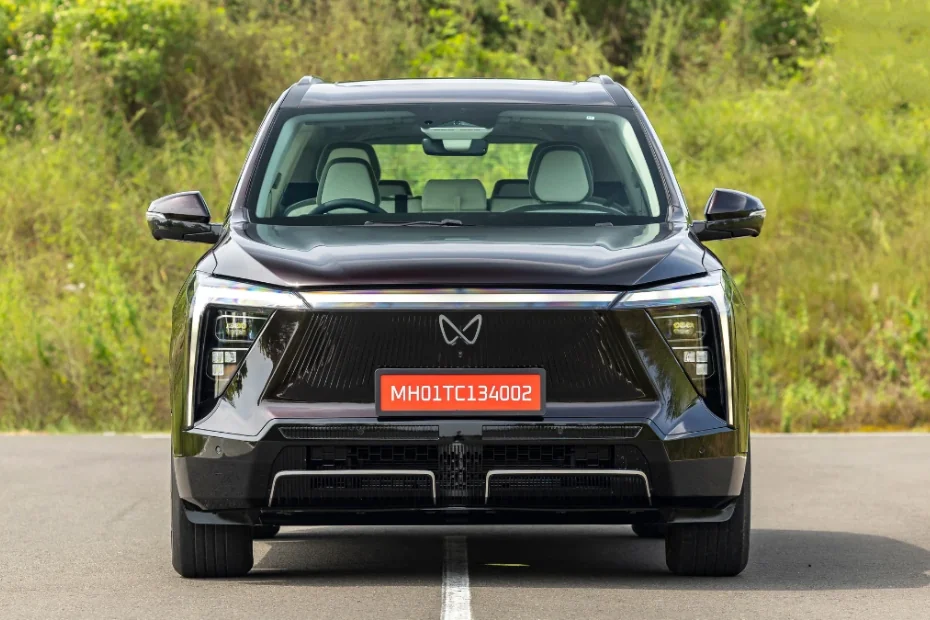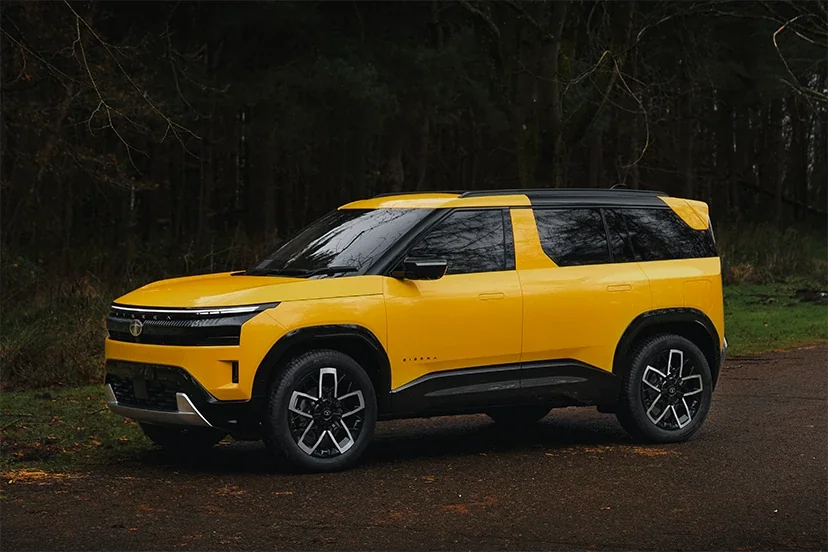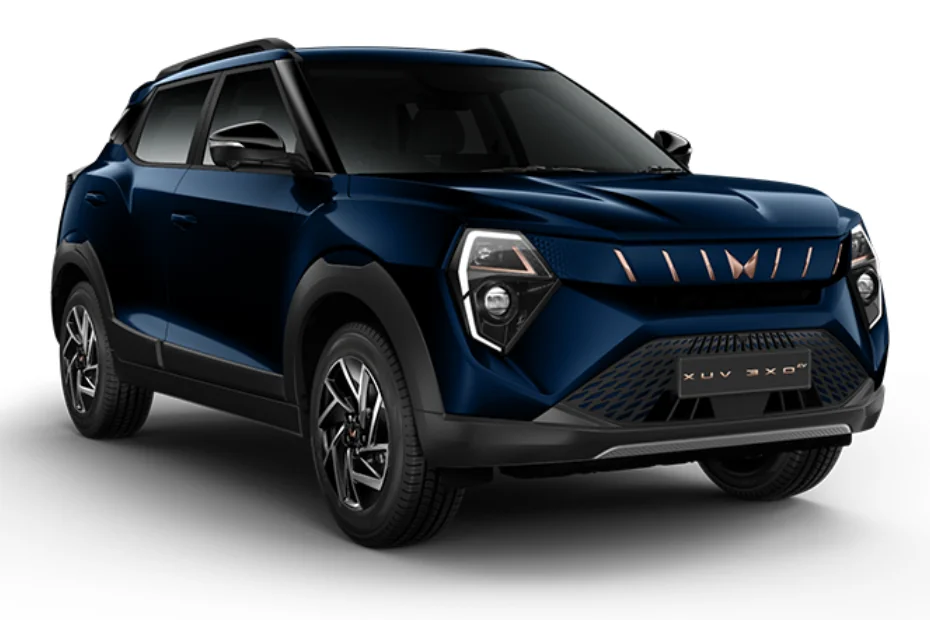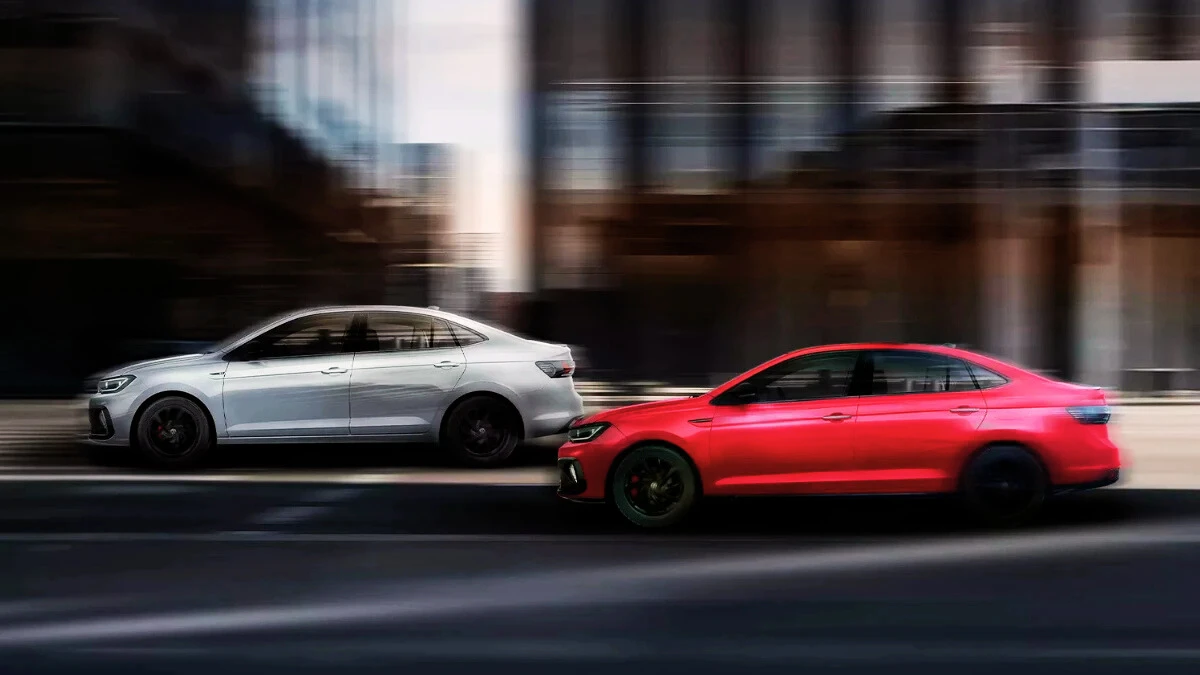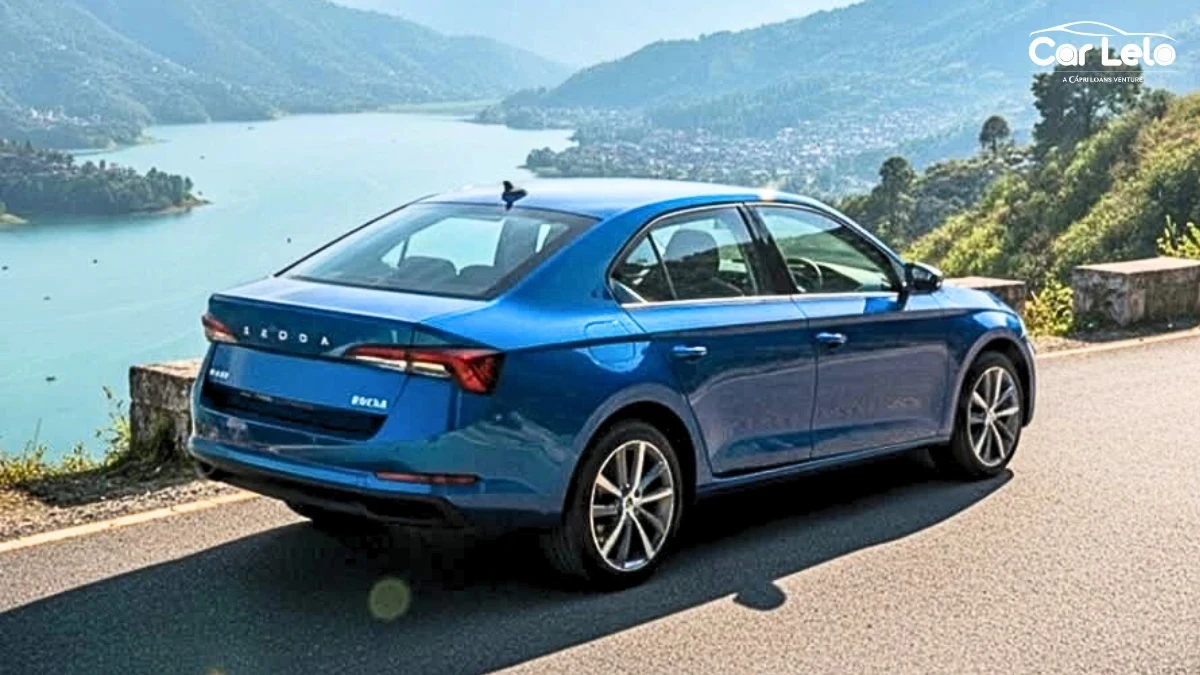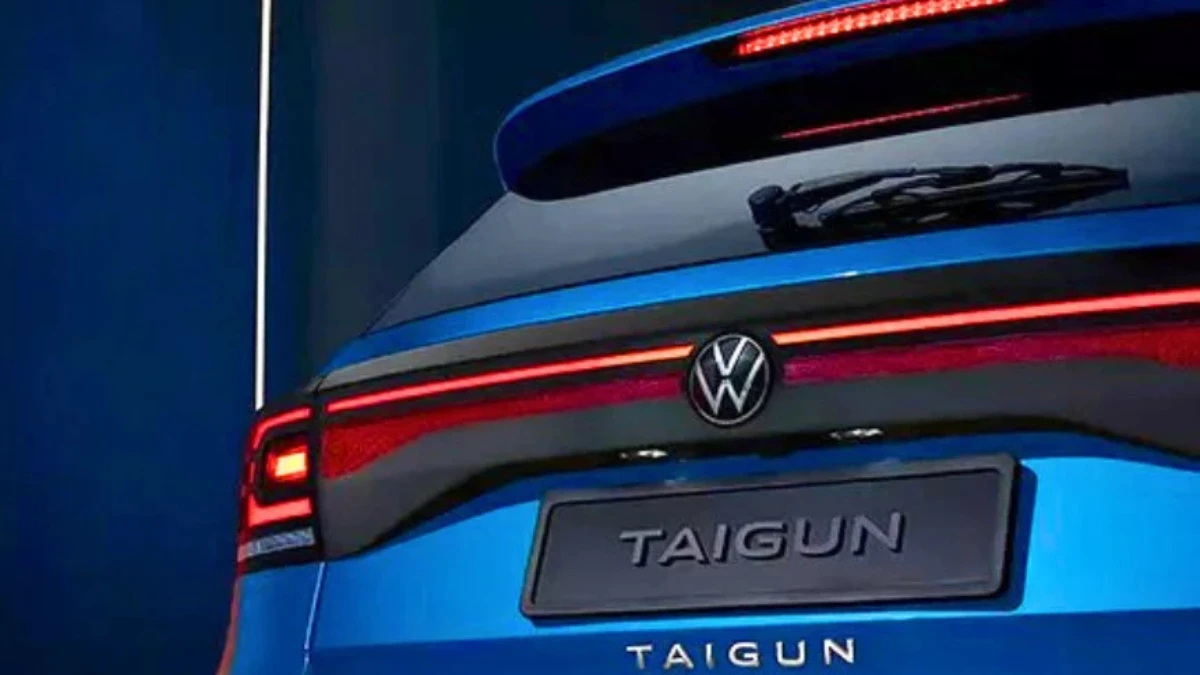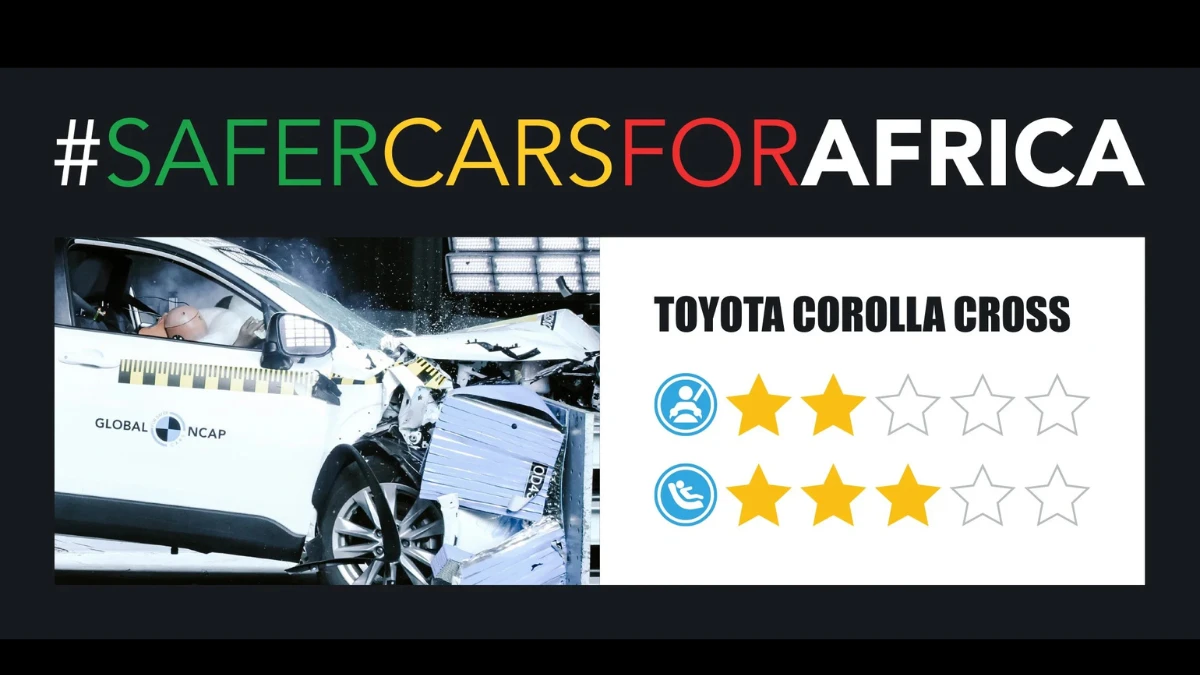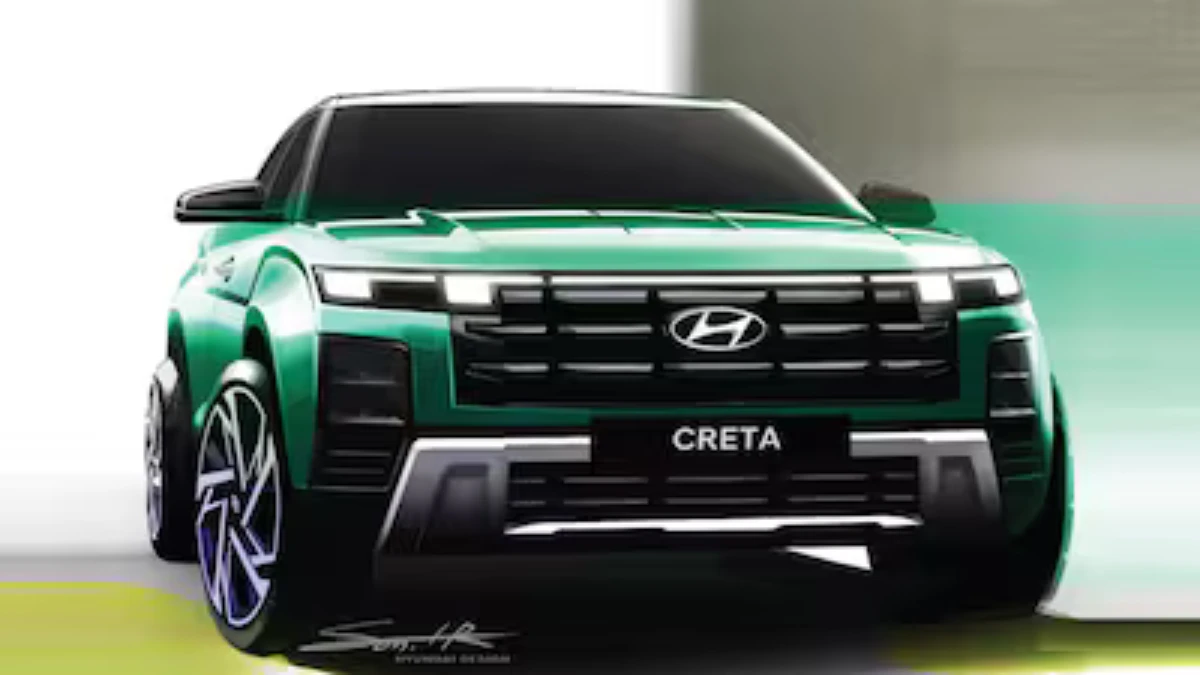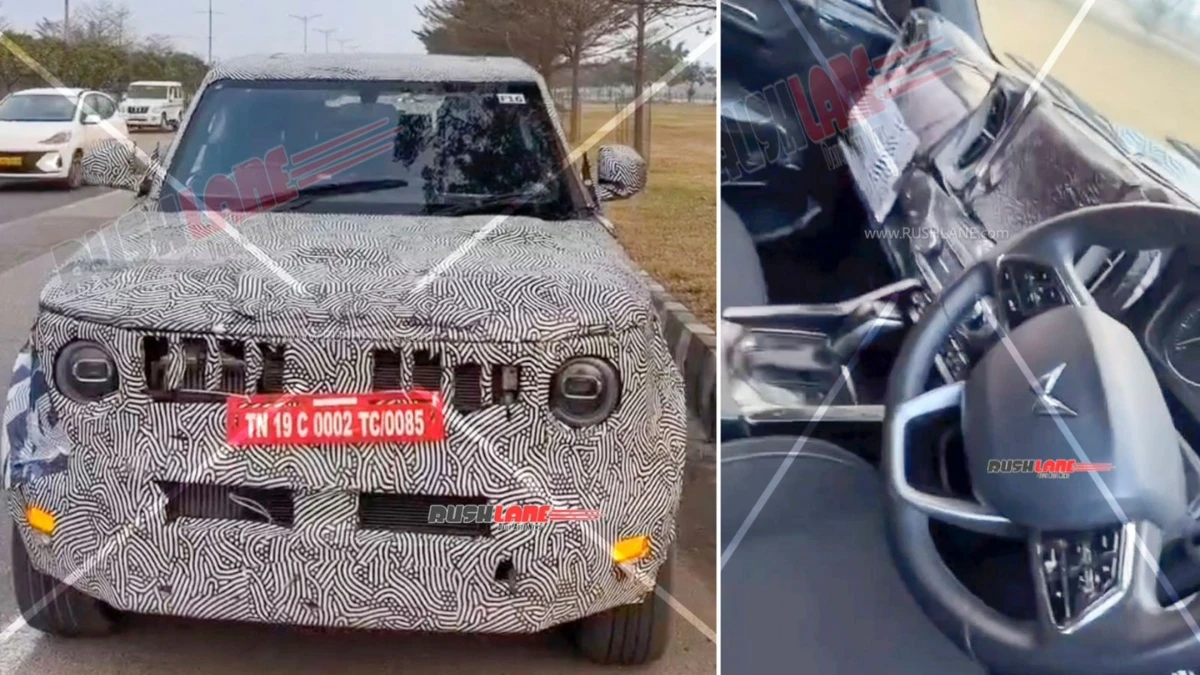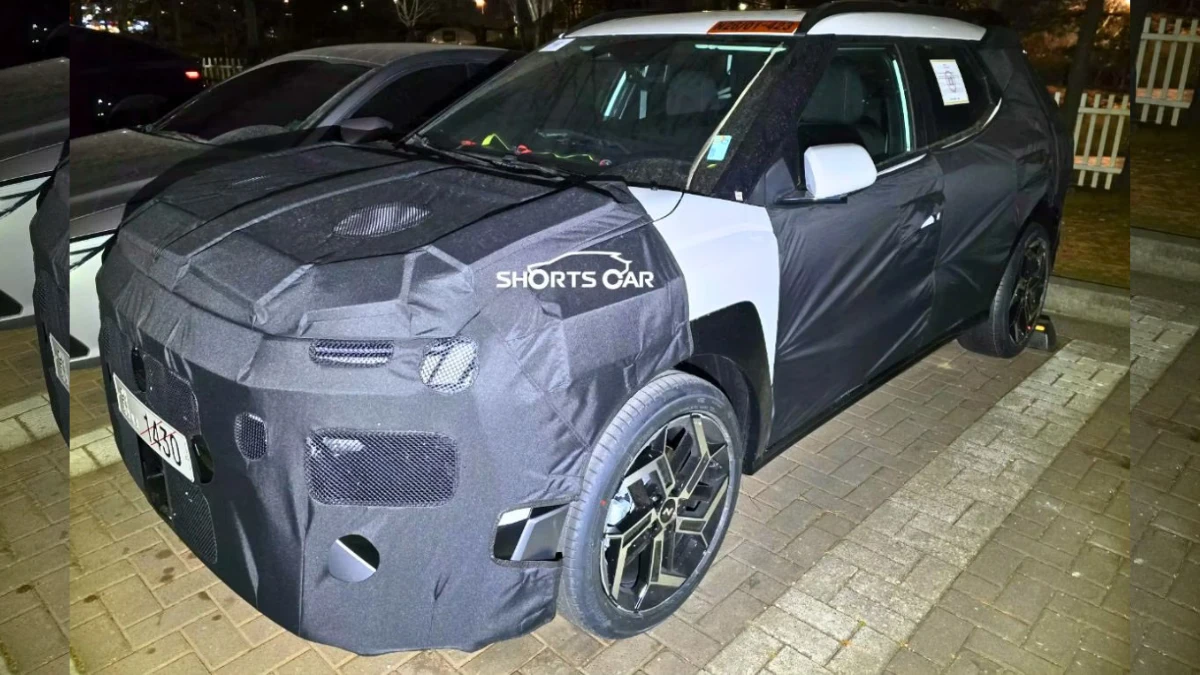
Hyundai has introduced its all-new next-generation hybrid powertrain. This new system is designed to offer better fuel efficiency, more power, and a smoother driving experience. It will be used in a wide range of Hyundai and Kia vehicles, from small cars to large SUVs.
What’s New in the Hybrid System?

Hyundai’s new hybrid setup includes a smart transmission with two electric motors:
The P1 motor helps with starting the engine, generating power for the battery, and assisting while driving.
The P2 motor provides main power for driving and regenerative braking.
Together, these motors help improve fuel economy, boost performance, and make the car quieter and more comfortable to drive.
This system can work with many types of petrol engines and across different car sizes—from small hatchbacks to luxury SUVs. Power output ranges from the low-100 PS to the mid-300 PS, giving Hyundai flexibility to use it in many future models.
Next-Gen Hybrid Engines: 2.5L and 1.6L Turbo Units
The new system debuts with a 2.5-liter turbo hybrid engine, which features improved flow dynamics and an over-expansion combustion cycle that boosts engine efficiency. This hybrid engine, debuting in the all-new Hyundai PALISADE hybrid, delivers:
Fuel efficiency: 14.1 km/l
System output: 334 PS
Maximum torque: 460 Nm
Compared to its non-hybrid counterpart, the 2.5 turbo hybrid delivers 45% better fuel efficiency, 19% more power, and a 9% increase in torque.
Alongside the 2.5L unit, Hyundai is also introducing a 1.6-liter turbo hybrid engine, designed for mid-size SUVs. This powertrain improves fuel economy by more than 4% over its predecessor and increases torque output from 367 Nm to 380 Nm, offering better acceleration and overall responsiveness.
EV-Inspired Features Enhance the Hybrid Experience
Drawing from the Group’s award-winning E-GMP electric platform, the new hybrid system incorporates EV-inspired features such as:
Stay Mode for prolonged comfort
Vehicle-to-Load (V2L) functionality for external power usage
Smart Regenerative Braking for intuitive energy recovery
These features reflect Hyundai’s commitment to elevating the hybrid experience to match its cutting-edge electric vehicles.
Future Plans: Expanded Lineup and Genesis Integration
With plans to scale the new hybrid transmission across various engines and vehicle classes, Hyundai Motor Group will grow its hybrid lineup from three to five models. Mass production of the new Hyundai PALISADE hybrid began this month, with more models from both Hyundai and Kia set to adopt the new system.
By 2026, the Group aims to introduce a rear-wheel-drive version of the 2.5 turbo hybrid, with gradual integration of this advanced powertrain into premium Genesis models.
Also Read: Hyundai and IndianOil Team Up to Test Hydrogen Cars in India
About Author
Konica Singh is a passionate Automotive Journalist who brings the world of cars to life, from EV trends to exciting new car launches. Backed by 7 years in content creation, she is skilled in writing, editing, and SEO strategy that drives engagement.
Education: MA English (Delhi University)
Social Media: LinkedIn | Instagram | Twitter | Facebook
Email: konica.carlelo@gmail.com
Location: New Delhi
Top Car Brands in India
Top Car Brands in India
Trending Car News in India
Trending Cars in India
Trusted Dealer
All Over India
Irresistible Offers
Stay Updated, Pay Less
Compare Cars
Choose the Right Car
Easy Finance
Multiple Finance Options

Monday - Saturday
10:00am - 6:30pm
+91 7947722777, +91 7479000444, +91 9311718549
contact@carlelo.com
